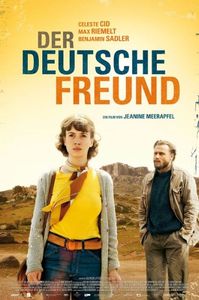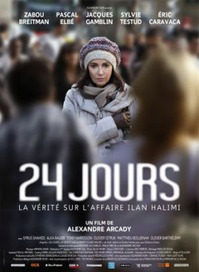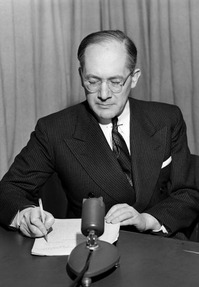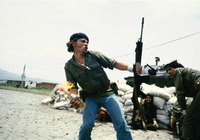HGMV Workshop
Thursday, October 30, 3:00p.m. Room 710 Social Sciences Building
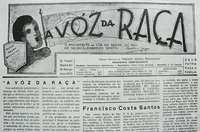
Due to the late abolition of slavery in Brazil, in 1888, the emancipatory movements that emerged in the first decades of the twentieth century lacked the strength and the language to fight effectively for racial equality. A case in point is the Frente Negra Brasileira (FNB) [Brazilian Black Front], founded in 1931 and outlawed in 1937 by Getúlio Vargas' regime. The FNB had as its main purpose the "political and social union of the National Black People, to affirm their historical rights, in virtue of their material
and moral activity in the past and for the revindication of their social and political rights under Brazilian communion."
In this presentation, Flaherty-Echeverria will explore the possible reasons due to which the FNB failed to achieve its political goals. She will concentrate on identifying and analyzing what Celia M. Azevedo calls the "voice from within"1 that obstructed the Afro-centric imagination of Brazilian intellectuals of the time. Those intellectuals embraced the idea that Brazil was a "racial paradise" and, hence, an exceptional case when compared to race relations in the US.
Satty Flaherty-Echeverria is a Ph.D student in the Department of Spanish and Portuguese Studies at the University of Minnesota writing her dissertation on the recovery of the construction of a Black experience expressed at the margins: in the Portuguese and Spanish languages. Focusing on the poetic and prose articulations connecting African and African diasporic intellectuals across the Atlantic, particularly in Portugal, Brazil and Cuba during the two world wars, who created a network mainly based on periodical publications and translations where their creative and critical work intersected and challenged the mainstream paradigms of Pan-Africanism and Negritude though remaining outside of the debate due to the language in which they were writing."
The HGMV workshop was founded to foster interdisciplinary conversations on the subject areas of Holocaust studies, genocide and memory, peace and conflict studies, human rights, nationalism and ethnic violence, representations of violence and trauma, conflict resolution, transitional justice, historical consciousness and collective memory. Support fellow scholars and provide feedback at various stages of the research process, and to engage in dialogue with invited scholars.
For more information contact Erma Nezirevic at nezir001@umn.edu.


